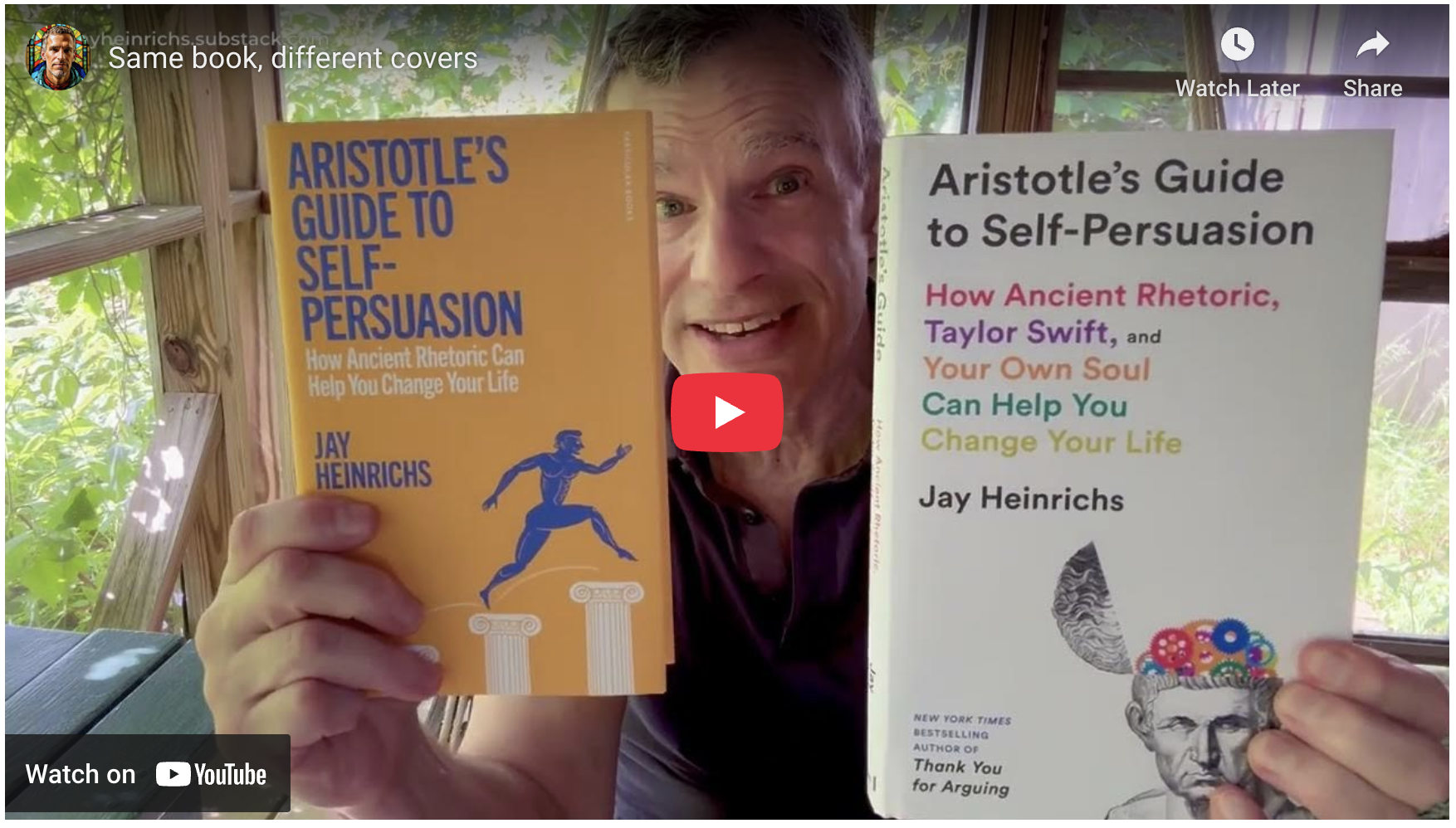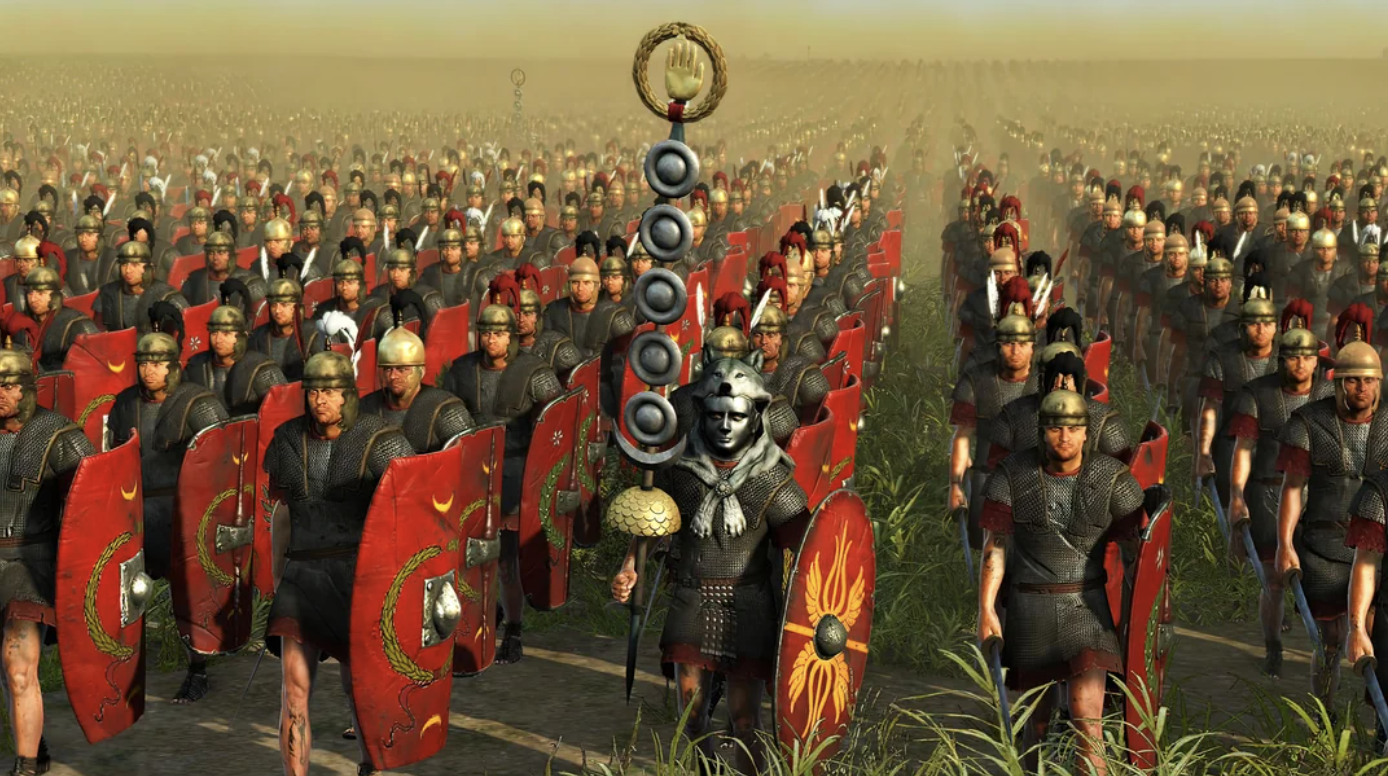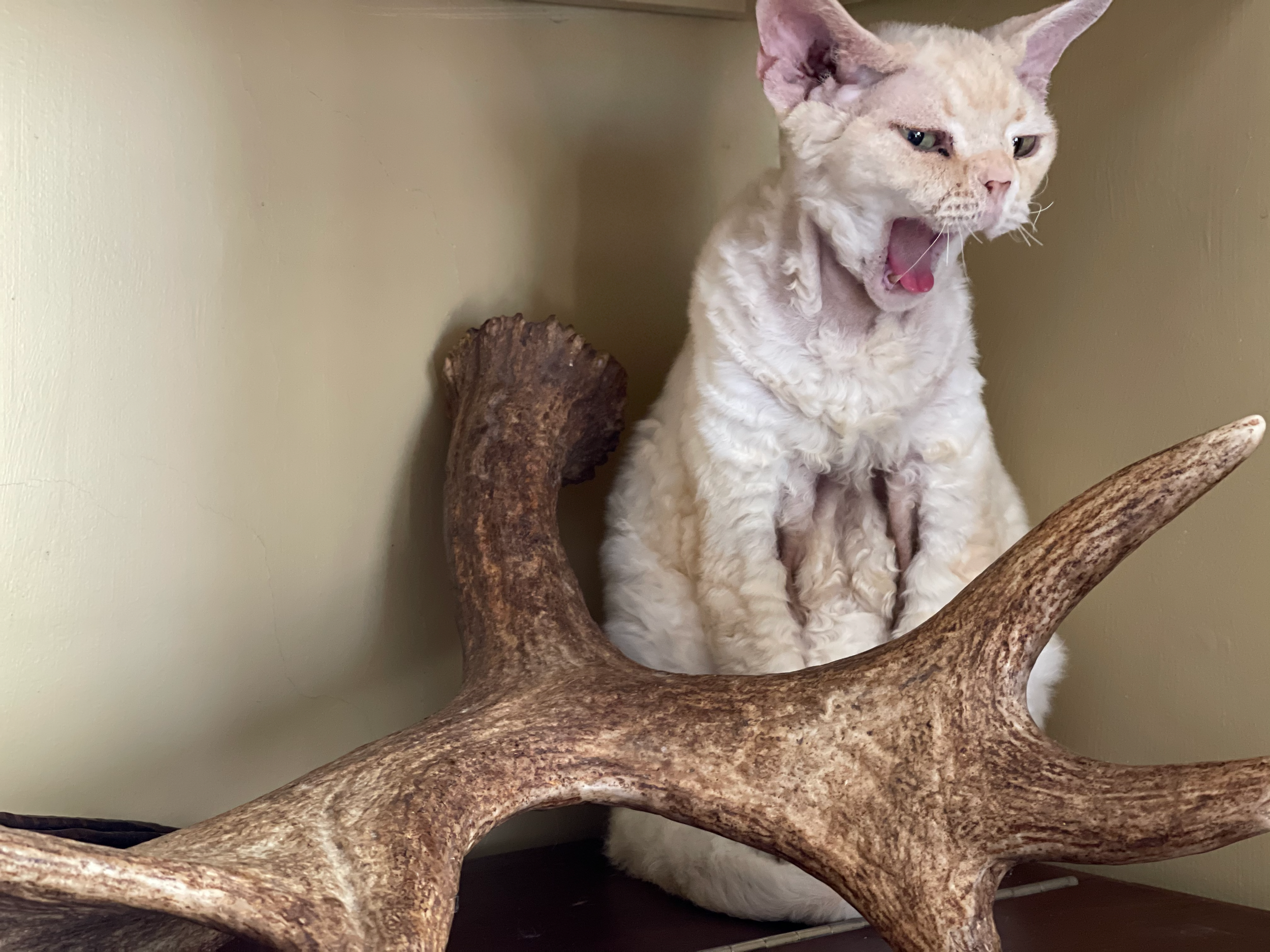Do Speeches Work?
/Or has our meme-addled culture canceled oratory?
NOTE: I copied this from my Substack newsletter, WORD LOVE. Subscribe for free to receive twice-weekly posts on rhetoric, writing, and the power of words.
Years ago, a magazine assigned me to visit the places where democracy began. I traveled to Philadelphia; Boston; and Syracuse, New York (home of the Iroquois Confederation) before flying to London. I peered at the Magna Carta in the British Museum, then took a train to Runnymede, where in 1215 a group of barons pressured King John into signing the document. From there I went to Rome and stalked the ancient Forum, looking in vain for remnants of the Rostrum where the leaders of the Republic spoke.
My last stop was Athens, arguably the first true birthplace of western democracy. (I had proposed visiting Vienna, where a Mongol army suddenly turned around and went home in order to elect a new Khan, but the magazine’s editor told me the trip was already costing too much.)
In Athens, after some searching I found the womb of democracy: the hillside called Pnyx (pronounced “Neex.”) There, the great Greek orators spoke to a boisterous crowd of as many as 15,000 Athenians. (The word Pnyx comes from pyknos, meaning “dense,” presumably referring to the packed-in citizens and not to their mental state.) I ascended the three stone steps carved into the rock and found myself standing on the Bema, the very platform where fiery Demosthenes worked the hoi polloi into a militant frenzy. From this high point I could see the Parthenon, the temple to Athena, glowing in the late-afternoon sun. Directly below lay the Agora, Athens’ famous marketplace. The position must have been deliberate: Athenian speakers would face both the sacred and the profane. Every great speech does this.
It occurred to me that I should test the acoustics by giving a speech. But despite the fact that I seemed to have the place to myself—the Bema isn’t one of the big Greek tourist attractions—I suddenly felt shy. The only speech I could think of was the Gettysburg Address. So I took a big bold breath…
Four score and seven years ago, our forefathers brought forth to this continent a new…
I saw movement down below: a woman walking her dog. They must have come from a neighboring apartment building. The woman glanced up, gave her head a little shake, and kept walking. The dog ignored me altogether. I surely wasn’t the first tourist to orate from the Bema, and probably not the first to cover the Gettysburg Address. But I must say the acoustics were amazing. The rock provided natural amplification.
The Bema is roped off today, but back when I visited, the place had an insouciant anonymity.
It seemed abundantly clear: rhetoric, the art that wields the power of words, came from orations. A rhetor in ancient times was an orator.
In fact, the art itself began with speechmaking, when a bevy of ancient consultants in Greece got rich by helping wealthy citizens compose and deliver speeches. These itinerant experts deftly branded themselves “the Wise Ones”—Sophists. One of them, a massively popular Greek orator named Gorgias (exquisitely pronounced “gorgeous”) made so much money giving entertaining speeches and teaching rhetoric that he allegedly ordered a solid gold statue of himself. It was as if Taylor Swift supplemented her enormous concert revenues by teaching songwriting . . . and then erected a gold statue of herself.
But do modern speeches make that much of a difference? Even the Gettysburg Address didn’t seem to move the crowd when Lincoln gave it. People reported being disappointed. They much preferred Massachusetts Senator Edward Everett’s 13,000-word spellbinder to Lincoln’s 272-word tidbit. Everett’s speech was the main feature; Lincoln’s, a movie trailer. So why do we remember Lincoln and not Everett? Because his Gettysburg Address wasn’t real oratory. We remember it because we read it.
Sure, H.L. Mencken adored the speech. He wrote that Lincoln never again came close to writing anything that good. But Mencken was a literary critic. He rightly judged the speech as literature. As an essay, it was a work of art. As a speech, something less than a triumph.
Speeches can, and still do, make a difference in politics. And they can work wonders with TEDx audiences. Lincoln himself elevated his presidential campaign above dark-horse status with his brilliant 1859 Cooper Union address, when he won over skeptical New York influencers with lawyerly eloquence. You could argue that his logical, calm speech was closer to a business presentation than a political stemwinder, but let’s not quibble. Obscure state senator Barack Obama similarly launched his national career with a far more rousing keynote at the 2004 democratic convention.
JFK. MLK. Cesar Chavez. Barbara Jordan. Reagan’s moving Challenger disaster speech. Students learn them today because they moved people, created movements, and occasionally even bent the arc of justice. But we study these speeches because they are outliers. We no longer sit through three-hour orations as if they were major motion pictures. (Everett’s Gettysburg address, with his blow-by-blow account of the battle, seems positively cinematic at times, and he heroically delivered the whole thing without notes or a bathroom break. The cynosure of verbosity!)
Donald Trump doesn’t give speeches, except for the occasional dutiful teleprompted deal. Instead, he utters rally periods and viral meme-like pronouncements: Gulf of America. Mar-a-Gaza. The American Territory of Greenland. These are moments, spots, shiny attention-molecules.
Meanwhile, Democrats continue to strive for the soaring eloquence of an Obama or Kennedy. “Ask not what your country can do for you…”
While progressives speak in poetry, the Republicans stick to prose. Or not even prose. Just powerful, attention-seizing words. Rhetoric at its dark best.
So, should students even study speechmaking at all? Of course they should, especially the shy ones. It’s good for them and could lead to great things. John Adams recited the speeches of Marcus Tullius Cicero as a sort of daily aerobic workout:
“I find it a noble Exercise,” he told his diary. “It exercises my Lungs, raises my Spirits, opens my Porrs, quickens the Circulation, and so contributes much to [my] health.”
Besides, business presentations, with their PowerPoint decks and shaky Zoom connections, count as orations. Ditto wedding toasts. So is any use of words delivered in front of an audience of one or more people. Speechmaking can teach you a lot about how humans receive information and react emotionally. (In case you missed it, here’s a video I did on the speechmaking device called the period.
We all should study speeches and practice making them, even without a Bema to stand on. It will raise your spirits and open your pores. And every once in a while, one of my speechwriting friends will compose an address that elevates a politician to world-statesman status.
It happens rarely. But it’s the stuff of legend.




